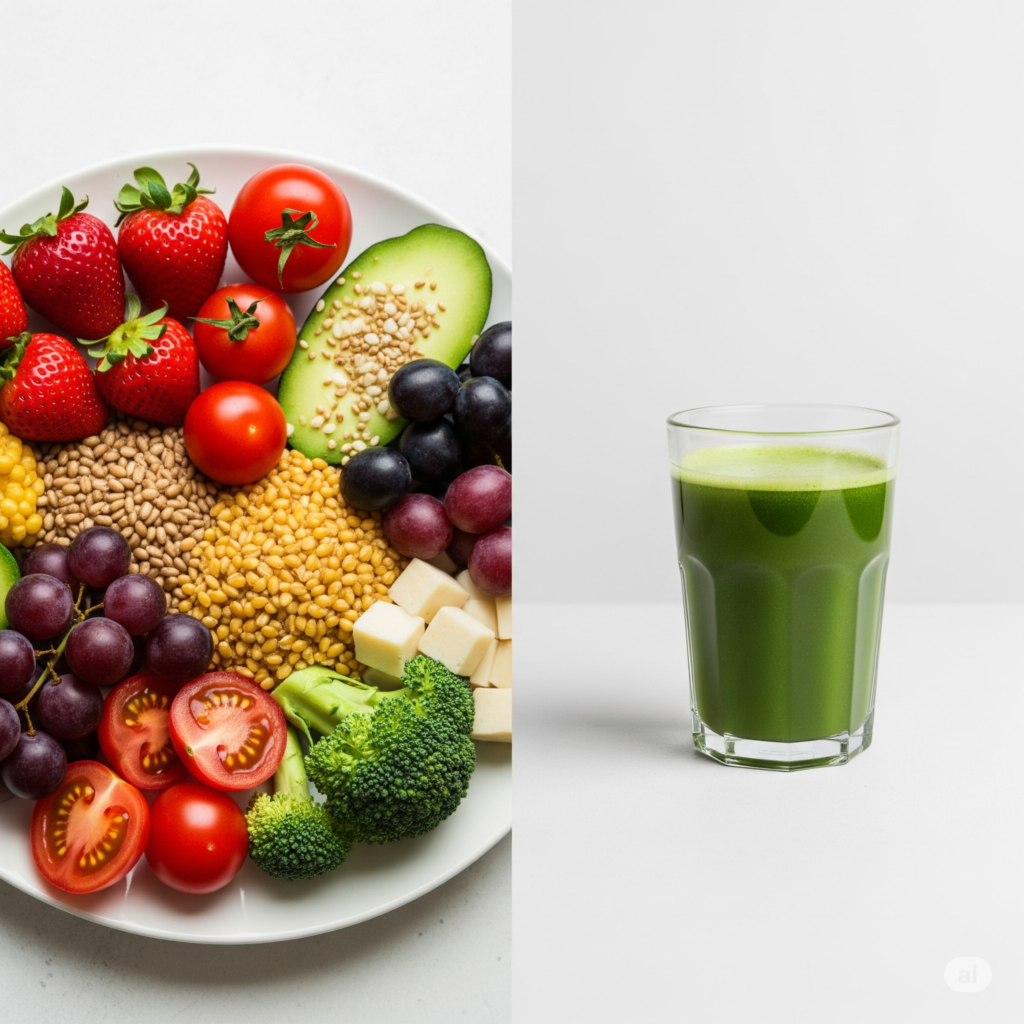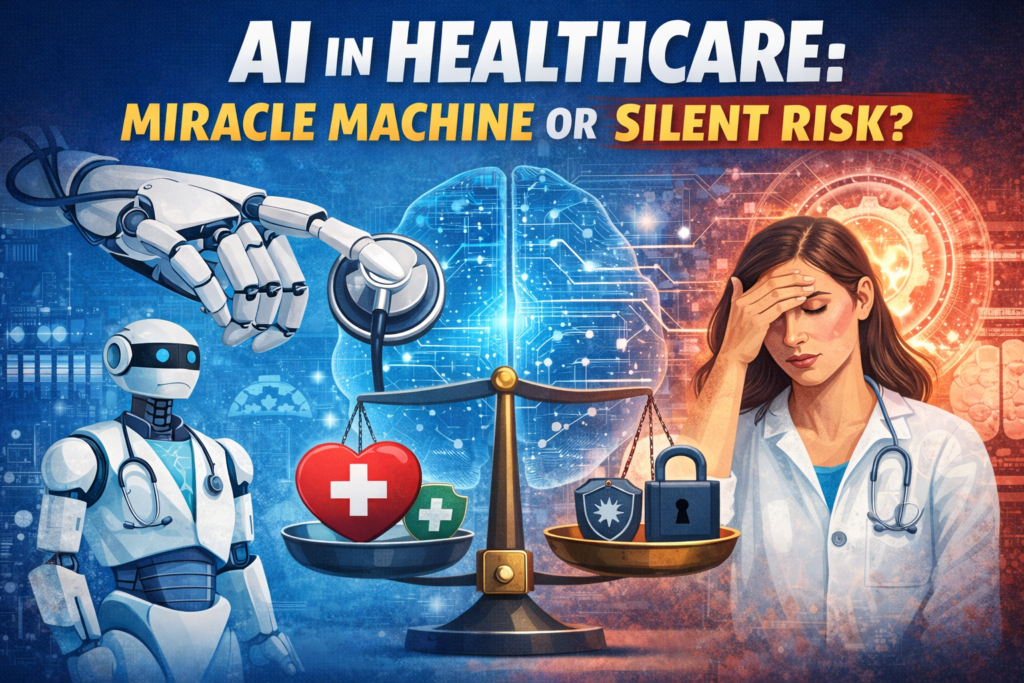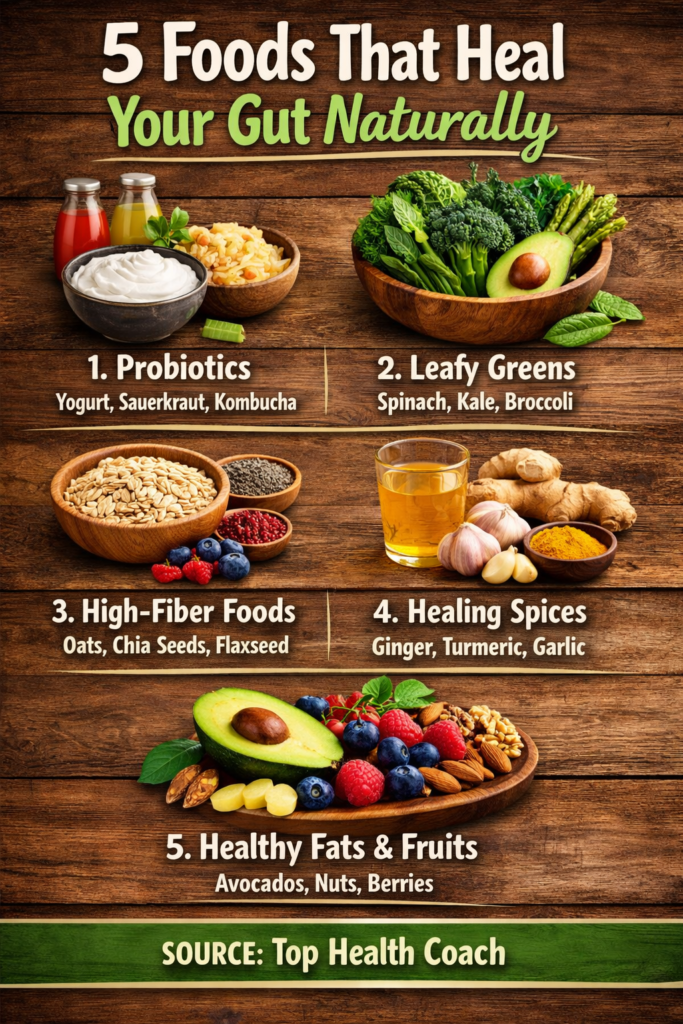In a world saturated with quick fixes and celebrity endorsements, “detox diets” have carved out a significant niche. Promising everything from rapid weight loss and glowing skin to increased energy and a cleansed system, these diets often sound like the ultimate health solution. But before you swap your solid food for a week of green juice and cayenne pepper concoctions, it’s crucial to understand what these diets truly entail and, more importantly, what the science actually says.
The allure of a detox is understandable. We live in an increasingly polluted world, and our bodies are constantly exposed to various toxins – from environmental pollutants to processed food additives. The idea that we can actively “cleanse” ourselves of these harmful substances is inherently appealing. However, the term “detox” itself is often misconstrued and exploited within the diet industry.
What Exactly is a Detox Diet?
Generally, a detox diet involves a restrictive eating plan, often with a focus on specific foods, juices, or supplements, for a limited period. The underlying premise is to eliminate “toxins” from the body, thereby improving health and promoting weight loss. Common characteristics include:
- Severely restricted calorie intake: Many detox diets involve consuming very few calories, often through liquid diets or highly limited food choices.
- Elimination of whole food groups: Dairy, gluten, processed foods, sugar, and sometimes even meat are typically forbidden.
- Emphasis on specific ingredients: Juices, smoothies, herbal teas, and a limited selection of fruits and vegetables are common.
- Use of laxatives or diuretics: Some detox protocols include supplements or ingredients designed to promote bowel movements or increased urination, falsely perceived as “flushing out toxins.”
The Science (or Lack Thereof) Behind Detox
Here’s where the bubble of detox promises often bursts. The human body is equipped with an incredibly sophisticated and efficient detoxification system, primarily centered around the liver, kidneys, lungs, and skin. These organs work tirelessly to neutralize and eliminate harmful substances on a continuous basis, without the need for external dietary interventions.
- The Liver: Your liver is a metabolic powerhouse, converting toxins into harmless substances that can be excreted. It breaks down chemicals, drugs, and metabolic waste products.
- The Kidneys: These vital organs filter waste products from your blood and excrete them in urine.
- The Lungs: Your lungs are responsible for expelling gaseous waste products, such as carbon dioxide.
- The Skin: Through sweat, your skin also plays a minor role in eliminating some toxins.
- The Digestive System: Your gut plays a crucial role in preventing harmful substances from entering your bloodstream and also eliminates waste through faeces.
Proponents of detox diets often fail to identify the specific “toxins” they claim to eliminate or provide any scientific evidence that their diets actually enhance the body’s natural detoxification processes. In fact, many medical and nutritional experts assert that there is no scientific basis to support the efficacy of detox diets for toxin removal beyond what your body already does.
The Potential Dangers and Side Effects
Far from being beneficial, many detox diets can pose significant health risks:
- Nutrient Deficiencies: Restrictive diets can lead to a lack of essential vitamins, minerals, and macronutrients, impacting overall health and energy levels.
- Muscle Loss: Rapid weight loss on low-calorie detox diets often comes at the expense of muscle mass, not just fat.
- Electrolyte Imbalances: Excessive fluid loss through laxatives or diuretics can disrupt electrolyte balance, leading to serious heart problems.
- Fatigue and Weakness: Insufficient calorie intake can cause extreme fatigue, dizziness, and difficulty concentrating.
- Rebound Weight Gain: The restrictive nature of detox diets makes them unsustainable. Once the diet ends, many individuals experience rapid weight regain, often exceeding their starting weight.
- Interference with Medications: Certain herbs and supplements used in detox diets can interact negatively with prescription medications.
- Disordered Eating: The emphasis on “cleansing” and “purity” can sometimes trigger or exacerbate unhealthy relationships with food and body image.
What You Should Do for Optimal Health
Instead of chasing the elusive promise of a detox, focus on sustainable, evidence-based practices that truly support your body’s natural detoxification and overall well-being:
- Eat a Balanced Diet: Prioritize whole, unprocessed foods like fruits, vegetables, lean proteins, and whole grains. This provides your body with the nutrients it needs to function optimally, including supporting your natural detox pathways.
- Stay Hydrated: Drink plenty of water throughout the day. Water is essential for kidney function and flushing out waste products.
- Limit Processed Foods, Sugar, and Alcohol: These substances place a greater burden on your liver and other organs. Reducing their intake is a genuine way to support your body’s detoxification efforts.
- Get Regular Exercise: Physical activity improves circulation, promotes sweating (a minor detox pathway), and generally enhances overall health.
- Prioritize Sleep: Adequate sleep is crucial for cellular repair and regeneration, allowing your organs to function efficiently.
- Manage Stress: Chronic stress can negatively impact various bodily functions, including digestion and immune response.
- Consult a Healthcare Professional: If you have concerns about your health or believe you’ve been exposed to toxins, speak with a doctor or a registered dietitian. They can provide personalized, evidence-based advice.
The Bottom Line
While the concept of “detoxing” sounds appealing, the truth is that your body is remarkably capable of self-cleansing. Most detox diets are not only unnecessary but can also be harmful. True health comes from a holistic approach to living, centered on balanced nutrition, regular physical activity, adequate rest, and a healthy lifestyle – not from temporary, restrictive fads. Embrace sustainable habits that nourish your body every single day, and trust in its incredible natural ability to keep you healthy and vibrant.
10 FAQs About Detox Diets
1. Are detox diets effective for weight loss? While you might lose weight initially due to calorie restriction and fluid loss, this weight loss is usually temporary and often regained quickly once you resume normal eating habits. It’s rarely sustainable fat loss.
2. Can detox diets really remove toxins from my body? No. Your body has highly efficient organs (liver, kidneys, lungs, skin, digestive system) that continuously remove waste products and neutralize toxins without the need for special diets or supplements. There’s no scientific evidence that detox diets enhance this natural process.
3. What are the common ingredients found in detox diets? Common ingredients include fruit and vegetable juices, herbal teas, water with lemon and cayenne pepper, specific fruits and vegetables, and sometimes supplements like activated charcoal or laxatives.
4. Are there any scientific studies supporting detox diets? The vast majority of scientific and medical organizations do not endorse detox diets due to a lack of evidence for their efficacy and potential for harm. Claims made by detox diet proponents are largely anecdotal.
5. Who should avoid detox diets? Pregnant or breastfeeding women, children, the elderly, individuals with chronic health conditions (like diabetes, kidney disease, heart disease), and those with a history of disordered eating should absolutely avoid detox diets.
6. Can detox diets improve skin clarity or energy levels? Any temporary improvements in skin or energy are more likely due to eliminating processed foods, sugar, and alcohol, and increasing hydration, rather than a “detoxification” process. These benefits can be achieved through a balanced, healthy diet without extreme restrictions.
7. How long do people typically follow a detox diet? Detox diets typically range from a few days to a few weeks, usually not exceeding a month due to their highly restrictive and unsustainable nature.
8. What are some red flags to look out for when considering a detox diet? Promises of rapid weight loss without effort, claims of “miracle” ingredients, testimonials without scientific backing, endorsements by non-medical professionals, and a requirement to purchase expensive supplements are all major red flags.
9. What’s the difference between a detox diet and a healthy eating plan? A healthy eating plan is sustainable, focuses on whole, unprocessed foods in moderation, provides all essential nutrients, and is balanced over the long term. A detox diet is typically short-term, highly restrictive, often nutrient-deficient, and based on unproven claims of “cleansing.”
10. What’s the best way to support my body’s natural detoxification? Focus on a balanced diet rich in fruits, vegetables, and whole grains; stay well-hydrated; limit processed foods, sugar, and alcohol; get regular exercise and adequate sleep; and manage stress. These lifestyle choices are far more effective and safer than any detox diet.




